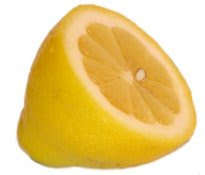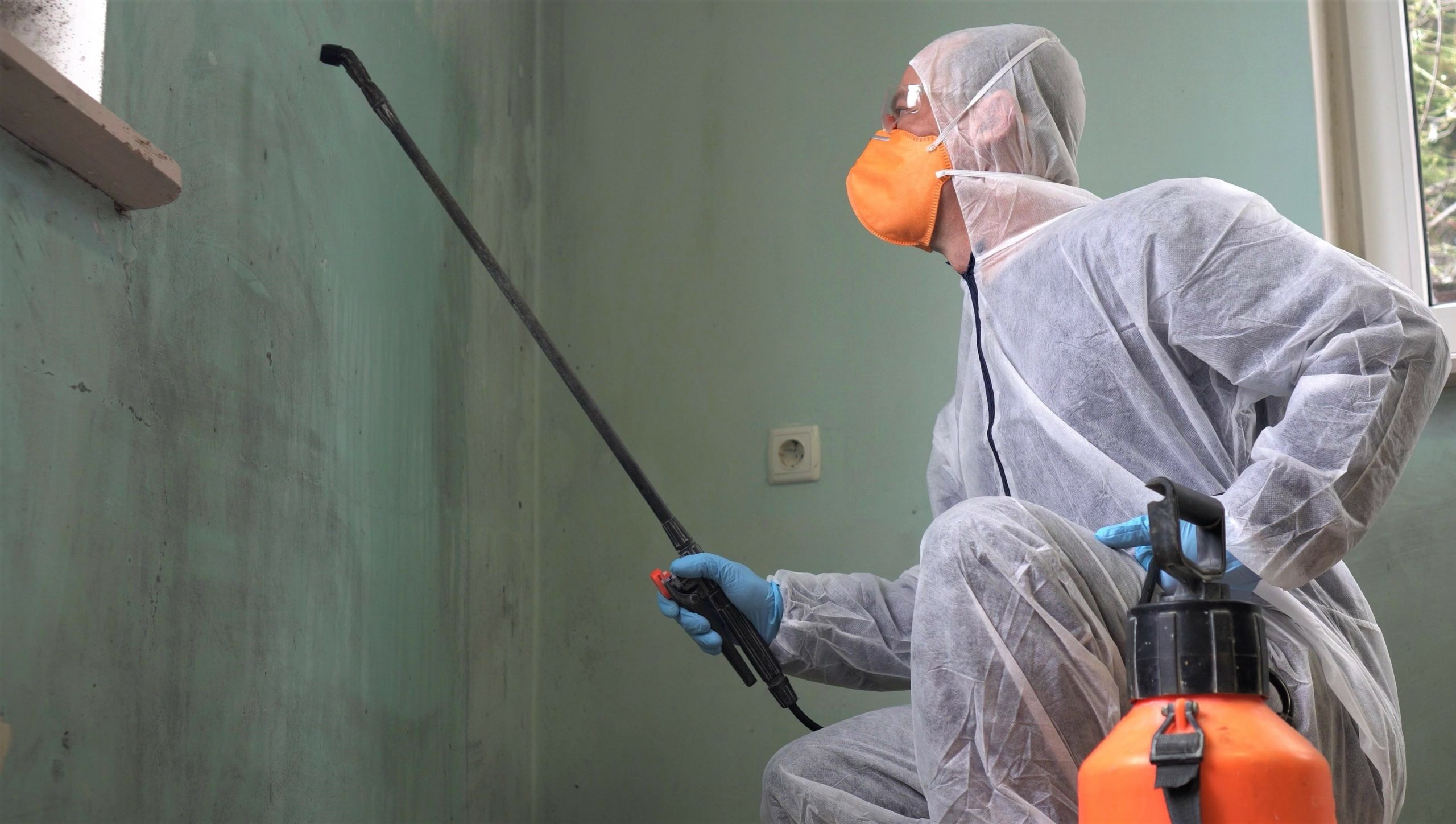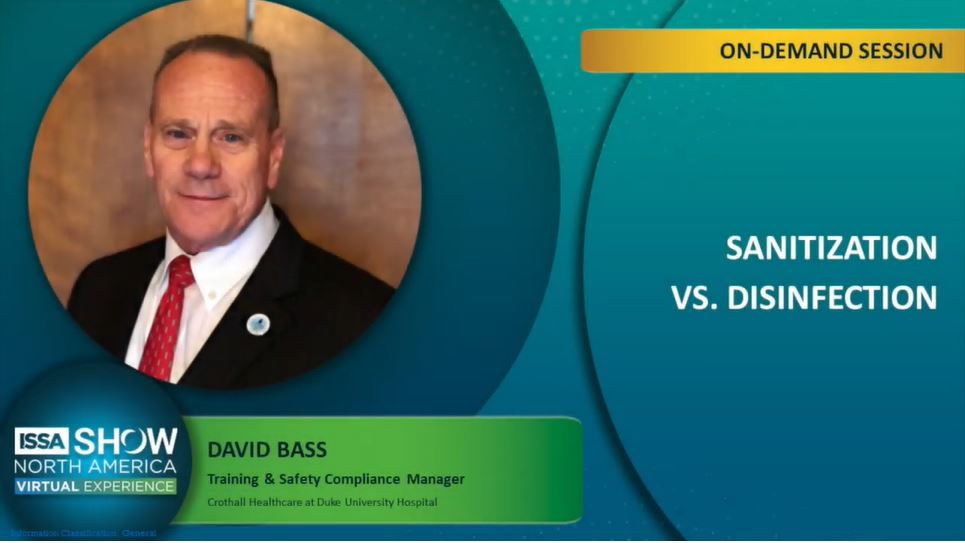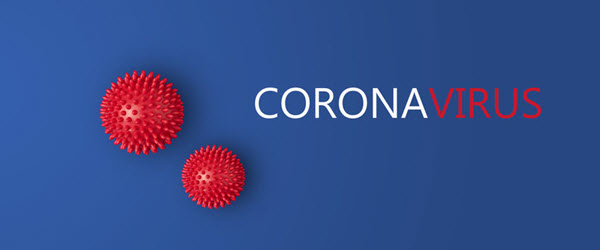As more and more moms, kids, schools, doctors, vets and more are concerned about the chemical toxins in cleaners, the claims that several natural products…ones you probably have in your pantry or refrigerator right now…will both clean and disinfect your home better and more safely than anything you could buy or pay someone to clean with.
 As more and more moms, kids, schools, doctors, vets and more are concerned about the chemical toxins in cleaners, the claims that several natural products…ones you probably have in your pantry or refrigerator right now…will both clean and disinfect your home better and more safely than anything you could buy or pay someone to clean with.
As more and more moms, kids, schools, doctors, vets and more are concerned about the chemical toxins in cleaners, the claims that several natural products…ones you probably have in your pantry or refrigerator right now…will both clean and disinfect your home better and more safely than anything you could buy or pay someone to clean with.
But as far as we can tell, these are just claims. We’ve blogged about this before, regarding vinegar as a disinfectant, which is is not according to scientists, unless you are purchasing industrial strength, undiluted, non-food-grade (can’t use it in cooking) vinegar with a concentration of acetic acid exceeding the 5% allowable concentration for consumer and household use.
So we ask again of those claiming that lemons and lemon juice (and by extension, lime juice and orange juice)
Prove it!
This time, however, our trusty Newton’s Ask the Scientist offers no wisdom, but does offer the main components of lemon juice so that we can drill down by other means:
So we can obtain the MSDS sheets for each of these substances. In our years of cleaning, we have learned to pay attention to a few key pieces of information in an MSDS sheet, which have to meet certain criteria for us
 a Health Hazard Rating of 1 or 0; anything higher than that is likely to present enough danger to pets, children, and our cleaners…who are in contact with these natural chemicals every day
a Health Hazard Rating of 1 or 0; anything higher than that is likely to present enough danger to pets, children, and our cleaners…who are in contact with these natural chemicals every day- a Carcinogenic Effects of none; the response “not available” means that the chemical has not yet been studied for its effect on producing cancerous conditions. Only about 150 of the nearly 90,000 chemicals registered with the EPA have been tested for carcinogenic effects, and the reports can be found at theNational Toxicology Program.
In the case of lemon juice, the only compound with an acceptable Health Hazard Rating is ascorbic acid, incidentally the only of the compounds recognized by the EPA as having any effect on bacteria and/or yeast. Citric acid (a 100% solution, no water diluting it) is not noted by the EPA as having any effect on bacteria, germs, or especially “super-bugs”.
Don’t believe me, look at the EPA-required MSDS sheets linked above!
Now try to find an MSDS sheet for lemons or lemon juice. You can’t! Because lemons and lemon juice are regulated as food products by the FDA; there is no direct research on whether a lemon or its juice are actual cleaning or disinfecting solutions because the FDA doesn’t deal in cleaning and disinfecting.
So here’s what we’ve got to work with in terms of scientific research and some answers about lemon juice as a disinfectant:
- FightBac.org (Fight Bacteria) published a Mythbusters fact sheet claiming that lemon juice and salt are not disinfectants and recommended the use of bleach to disinfect a cutting board instead. FightBac partners with scientific research departments around the country to develop its Mythbusters series.
- General facts about citric acid identify it as weak, comprising less than 8% of the total lemon or lime, and do not list disinfecting or microbial activity as a result of applying citric acid.
- Similarly, medical entries on lemon identify “some microbial activity” and list the lemon oil component as “volatile oil,” which is consistent with the high Health Hazard rating of lemon oil.
- A study published in the Journal of Environmental Health compared the effectiveness of several “natural” cleaners against traditional disinfectants and measured performance against established criteria for disinfecting. In all tests, lemon juice failed to achieve more than intermediate effectiveness on microbial reduction and low intermediate on soil removal.
We can find positive references to citric acid as one component of an EPA-registered and scientifically-verified disinfectant in just a few places:
Regrettably, the study title, date, etc, is not available nor is the journal (from a Japanese hospital) available to the public in the US. Regardless several points can be made:
- 99.99% of four microbes were killed, not all microbes as the blog writer seems to suggest in that last sentence
- the reference here does not specify the concentration of lemon juice nor the dwell time (how long it has to sit undisturbed to achieve disinfection) prior to wiping away
- the reference does not specify the method of measuring microbial reduction
All of this is important in any scientific test ~ proof ~ of any disinfectant.
The fact is that science has not shown that lemons or lemon juice meets disinfecting standards with reliability nor the method of applying lemon juice for the purpose of achieving disinfection.
So while your home may smell incredible after rubbing down every surface with fresh lemon juice, you have not done yourself or your family any cleaning or disinfecting favors.
Lemon juice is NOT a DISINFECTANT.






